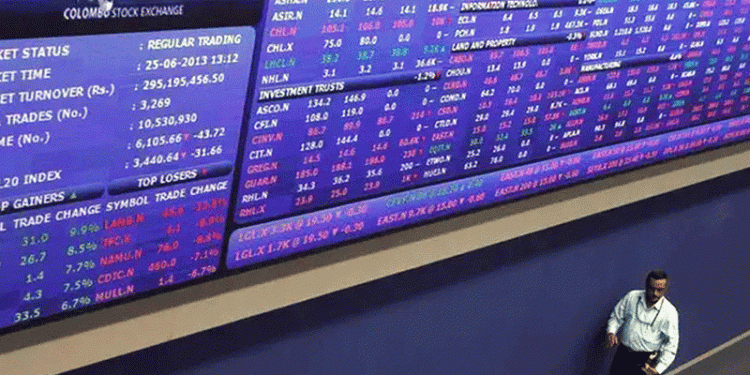By Trevor Hunnicutt
NEW YORK (Reuters) – Investors favored lower-risk U.S. bond exposure during the latest week, Lipper data showed on Thursday, as trade conflicts, an emerging market crisis and contradictory economic news spoiled the idea of a smooth sprint through the second half of the year.
U.S.-based taxable debt funds pulled in $2.4 billion while their equity counterparts faced withdrawals of $1.8 billion, Lipper said. The research service’s data covers activity in mutual funds and exchange-traded funds (ETFs) for the week ended Sept. 12.
Markets wrestled with prospects of a U.S.-China trade war despite reports that U.S. President Donald Trump’s administration has put out feelers to Beijing for a new round of trade talks.
Emerging market stocks and currencies remained under pressure from heavy debt loads denominated in dollars that have grown more scarce and expensive this year as the U.S. Federal Reserve tightens monetary policy.
Even within U.S. bonds, investors favored lower risk. High-yield bond funds, which are speculative and trade in sympathy with equities, posted $862 million in withdrawals during the week, the most since early July, according to Lipper.
Yet higher quality investment-grade corporate bond funds pulled in $3.2 billion and Treasury funds attracted $2.2 billion, the most for both categories since April.
Michael DePalma, chief executive officer at PhaseCapital LP, said markets have been demanding higher returns from riskier bonds in recent months.
“The widening of credit spreads may be the canary in the coal mine for global investors, as credit markets are flashing an early warning about financial conditions amid the ongoing [emerging markets] crisis and China-U.S. trade uncertainty,” said DePalma.
“The bond market is clearly signaling something different than the seemingly invincible equity market.”
On Friday, data showed U.S. wages notched their largest annual increase in more than nine years. Adding to the narrative of a tight job market that could spur inflation, Labor Department data on Tuesday showed job openings surged to a record high in July.
Yet producer and consumer price data released later in the week disappointed expectations, suggesting that inflation pressures are actually waning.
Weaker inflation could stall Fed rate hikes, a short-term positive for stocks, but could also represent an early warning sign for economic growth. Investors seemed to bet on inflation, with funds invested in debt that increases in value alongside prices, taking in $348 million and most cash since July.
Fusion Media or anyone involved with Fusion Media will not accept any liability for loss or damage as a result of reliance on the information including data, quotes, charts and buy/sell signals contained within this website. Please be fully informed regarding the risks and costs associated with trading the financial markets, it is one of the riskiest investment forms possible.
Source: Investing.com



























